Kenya
For women and girls of menstruating age a period can be a serious challenge. Poverty and the cost of sanitary products can mean women can’t go out to work and sink further into poverty.
It’s especially a problem in developing countries.
According to a report from the US Agency for International Development, 65% of women in Kenya can’t afford the basic necessities to manage their periods.
However this Kenyan entrepreneur has come up with an effective way of fighting period poverty.
Bethsheba Otuga is the founder of Ahadi Reusable pads which are made from cloth.
"Ahadi reusable pads is a social enterprise that mitigates period poverty by providing a reusable menstrual product that women can use during their menstruation. The pads are made of clothes and so they can be washed that is why they are reusable. So they can be washed for upto to 24 times and a lady will be secure in those 24 months which is equals to 2 years," Otuga explains.
Another advantage of the pads is that they easily decompose, according to Otuga, helping to reduce waste in the environment.
She explains: "Ahadi pads are more advantageous over the disposable pads because they are reusable. Being reusable makes them cheaper and affordable. And environmentally friendly. They are also easily decomposed, and they do not have chemicals. So they are friendly to the skin and also friendly to the environment."
The reusable pads sell for about $4 for a 4 pad pack.
On the Ahadi company website is a mission statement to eradicate shame and stigma which affects the poorest women and promote increased productivity at work and school, banishing forced absenteeism.
The pads are sold or donated to those who need them most, they’re distributed in poor Nairobi communities like Kibera and in schools.
Otuga says: "We pack pads in a reusable package which is also called a wet bag and there are 4 pieces inside. They last for 2 years and they cost Ksh 550 (around $4). So far we have done more than 8,000 pieces."
19 year old Purity Ominde has been using the pads for 2 years and she believes they have transformed her life for the better.
Ominde admits she was forced to miss work because of her periods.
She says: "In the past when we were using those pads (referring to traditional disposable pads), they were really expensive because we do not have money. We struggle. But now we have these ones which are more comfortable, you can work with them well; they are just good. You can even recycle them by washing them and when the time comes you use them again. You just wash them properly, store them and repeat. But previously when I was using the traditional ones when working, I was not comfortable. I would doubt myself all the time. I would not feel free and even at times miss work. But now with these ones, I feel good, I walk comfortably, I just feel good."
As the world marks the International Women's day, poverty period remains one of the key issues to be addressed.
With innovative ideas like reusable pads it’s hoped period poverty will one day become a memory of the past.






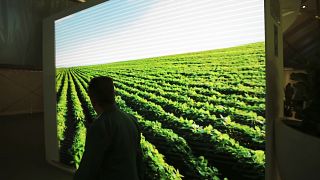
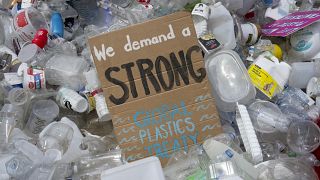

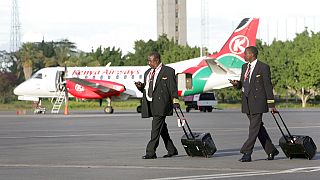
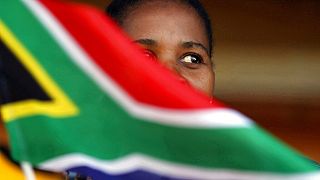
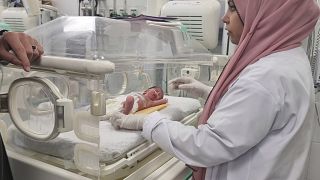

01:26
Universal social protection needs more financing, says ILO
01:30
More rain forecast for Kenya as flooding wreaks havoc
01:06
Heavy rains and floods paralyze Nairobi, death toll rises in Kenya
01:11
Kenya's military chief and nine others die in helicopter crash
01:59
Kenya among several African nations to withdraw batch of Benylin children’s cough syrup
02:01
Abidjan: Residents in distress after the destruction of their homes